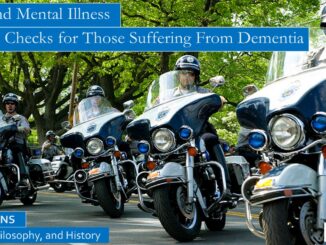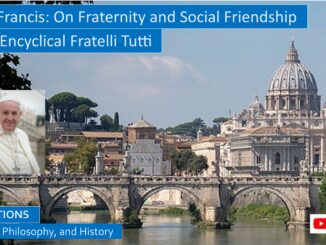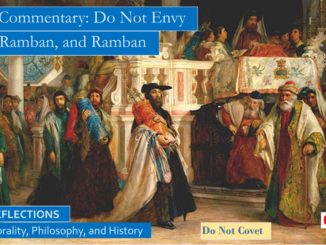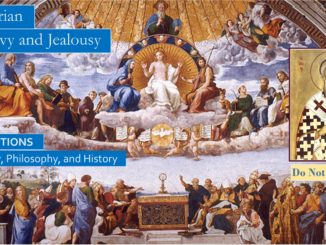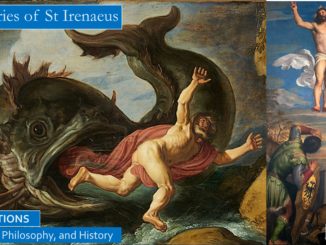After Adam and Eve had eaten of the apple they were ashamed and hid, weaving coverings of fig leaves, a rather itchy leaf. St Irenaeus tells us, “Adam adopted a dress suited for his disobedience, awed by the fear of God,” which is the beginning of wisdom, “waiting for God’s coming.” By his dress he admits to himself, “I by disobedience lost that robe of sanctity which I had from the Spirit, I do now acknowledge that I am deserving” of such uncomfortable dress, which tortures the body. God, who is merciful, clothes them instead in a more comfortable tunics of skins of fur. They were then driven out of Paradise and the Tree of Life because “God pitied them and did not desire that he should continue a sinner forever, nor that his sins become immortal.” God set a limit to his sin by imposing death, “so that man, ceasing at length to live to sin, and dying to it, might begin to live in God.” There would be life in Christ, as St Paul exhorts, “O death, where is thy victory? O death, where is thy sting?” […]
